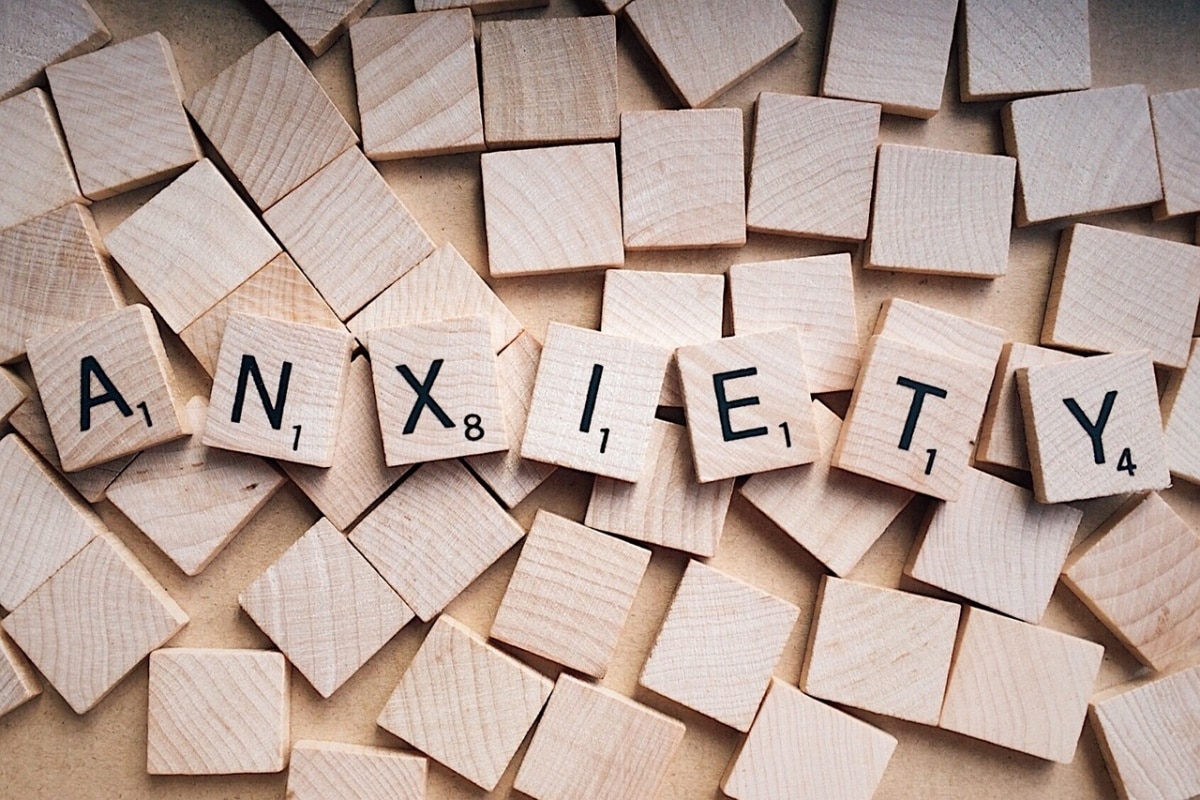Too much stress can cause interruptions in daily life. However, certain lifestyle changes can help control anxiety to some extent.
Anxiety: What is anxiety? A restless and dizzy feeling? Anxiety is basically the body’s natural response to so much stress in life. It is like a feeling of fear whose triggers can vary from person to person. Tests are stressful and students may experience test anxiety. However, it’s different for everyone. According to the American Psychological Association (APA), anxiety is an emotion characterized by feelings of tension, worried thoughts, and physical changes such as increased blood pressure. People with anxiety disorders often have recurring worries or intrusive thoughts. They may avoid certain situations out of worry. They may also have physical symptoms such as sweating, tremors, dizziness, or a rapid heartbeat.
The APA states that anxiety is not the same as fear, but they are often used interchangeably. Anxiety is considered a long-acting, future-oriented response, broadly focused on a diffuse threat, whereas fear is a short-lived, present-oriented, appropriate response to a specific, clearly identifiable threat.
Experiencing anxiety can be different for different people. From mild stress sweating, the severity of anxiety varies and when it starts to have an adverse effect on the daily functioning of life, it is recommended to seek professional help.
Ways to manage anxiety naturally
Try and stay active
Exercising is not simply about focusing on physical health. But it’s also important to maintain a healthy mental health. Speaking of anxiety, exercise helps distract the mind and also boosts metabolism. With physical exercises, there is also a release of the happiness hormone, serotonin. According to the American Psychological Association (APA), regular exercise leads to improved concentration and willpower, which can help certain anxiety symptoms.
Healthy diet
Low blood sugar, dehydration, or chemicals in processed foods, such as artificial flavors and colors and preservatives, can cause mood swings in some people. A diet high in sugar can also affect temperament.
If your anxiety worsens after eating, review your eating habits. Stay hydrated, cut out processed foods, and eat a balanced diet rich in complex carbohydrates, fruits and vegetables, and lean protein.
Avoid alcohol and smoking
Drinking too much can interfere with neurotransmitters and cause an imbalance in the body that leads to poorer mental health. Many people take a puff when under too much stress, however it can make anxiety worse over time.
Limit caffeine intake
If you have chronic anxiety, a cup of coffee would not be the ideal deal. Caffeine can cause jitters and jitters, neither of which are good if you’re anxious. According to Healthline.com, research has shown that caffeine can cause or worsen anxiety disorders. It can also cause panic attacks in people with panic disorder. For some people, cutting out caffeine can significantly improve anxiety symptoms.
Like alcohol, caffeine and anxiety are often linked, due to caffeine’s ability to alter brain chemistry.
a good night rest
Getting a good 7-8 hours of sleep is very essential for overall health. Lack of sleep can cause mood swings, increased irritability, daytime fatigue, and much more.
Yoga and Meditation
Meditation is known to relieve stress and anxiety. John Hopkins research suggests that 30 minutes of daily meditation can relieve some anxiety symptoms and act as an antidepressant.
Mental health is just as important as physical health and any signs or symptoms that start to affect your daily life should be addressed professionally. Mental health matters.
$(document).ready(function(){
$(‘#commentbtn’).on(“click”,function(){
(function(d, s, id) {
var js, fjs = d.getElementsByTagName(s)[0];
if (d.getElementById(id)) return;
js = d.createElement(s); js.id = id;
js.src = “//connect.facebook.net/en_US/all.js#xfbml=1&appId=178196885542208”;
fjs.parentNode.insertBefore(js, fjs);
}(document, ‘script’, ‘facebook-jssdk’));
$(“.cmntbox”).toggle();
});
});
